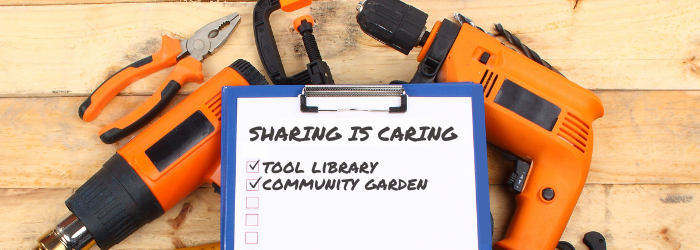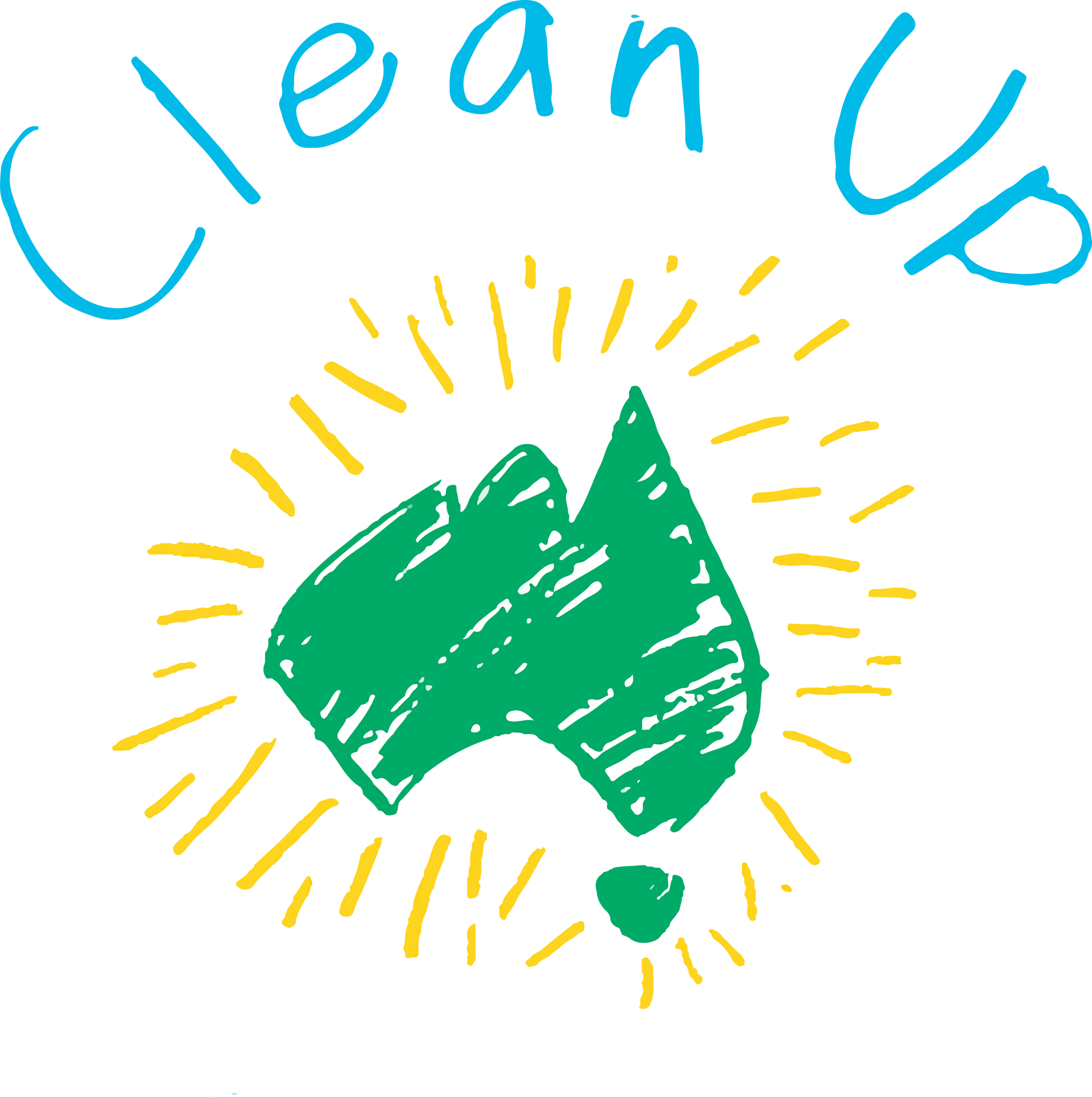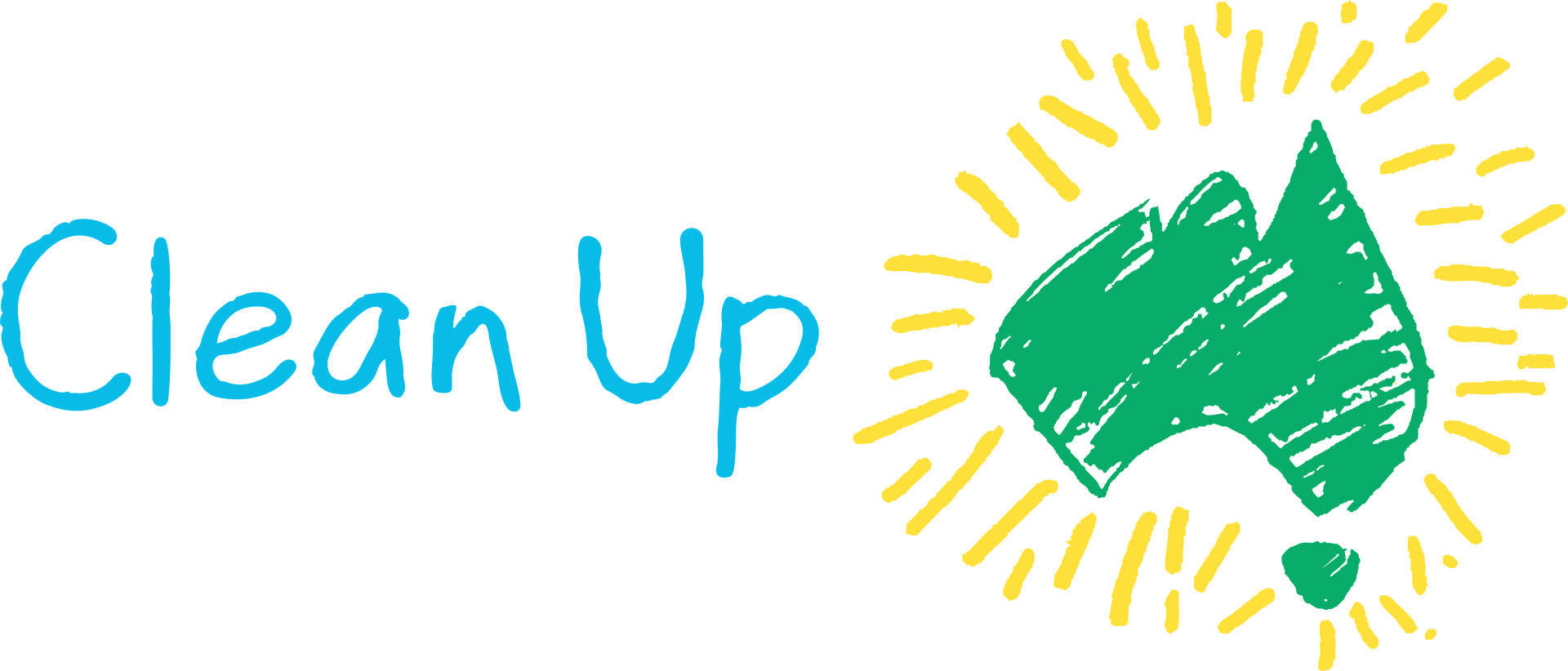Sharing is caring
Tools for a circular economy - how we can build (and grow) sustainable consumption habits.
by Angus Delaney

A tool library functions the same as a regular library, but instead of books, members can borrow items like a cordless drill or an electric saw.
Founder of the Brisbane Tool Library Sabrina Chakori believes tool libraries primarily exist because “people have a social and ecological responsibility,” and need to “tackle these issues in the community.”
This can be achieved by the sharing of scarcely used items that tool libraries specialise in, such as power tools, hiking equipment, kayaks, tents and more.
“We can reduce our ecological footprint by not buying items that are often underused and instead we can share them. We are obviously reducing waste from a post-consumer perspective, but we are also reducing consumption of virgin resources,” Chakori says.
Co-founder of Sydney’s Inner-West Tool Library Jonathan Dent agrees with this sentiment, saying, “tool libraries minimise waste by encouraging people not to buy things they'll only use once… also underused items donated to the library are more fully utilised.”
When facing daunting issues like overconsumption of virgin resources and maximising landfill capacity, a tool library is a great place to start making a difference.
Chakori says, “sometimes we do feel powerless and don’t know where to start, so joining or starting a tool library is a way to begin.”
However, it’s not solely about serving the environment, says Chakori, “It also has other benefits because people save money.”
Tool libraries become a seriously beneficial financially because annual fees for tool libraries are generally quite low.
“It doesn't cost a lot to be a member of a tool library and you get access to hundreds of items, whereas a single power tool often costs hundreds of dollars,” Dent says.
This cross section where the financially viable meets the environmentally sustainable isn’t common.
“You can try that project you've been thinking about at a fraction of the cost and feel good about how you're doing it,” says Dent.
Chakori also says tool libraries are a great way to create new friendships.
“It is just a great way to get involved in the community, meet new people and make new friends while overcoming some isolation.”
“It isn’t just the shared resources but the social structures,” says Chakori, “human relationships are created around those resources.”
Dent says the sense of community at the Inner-West Tool Library has been described as a “secret-sauce.”
Communities based around sharing instead of buying aren’t just tool libraries, but also include groups like community gardens.
Rob Taylor, president of VegOut community garden in Melbourne, acknowledges how shared equipment and services is ecologically beneficial and fosters relationships.
Restaurants and members of the community can do composting at VegOut, preventing food waste reaching landfill, where it would release harmful methane gasses.
Lately, both tool libraries and community gardens have seen an increase in popularity,
“I would be happy when at least every council in Australia would have a tool library,” says Chakori.
“My goal is for tool libraries to become a public service. It has to become one of these institutions that serve communities like libraries have been doing for centuries across the world.”
Search for other blog topics:


